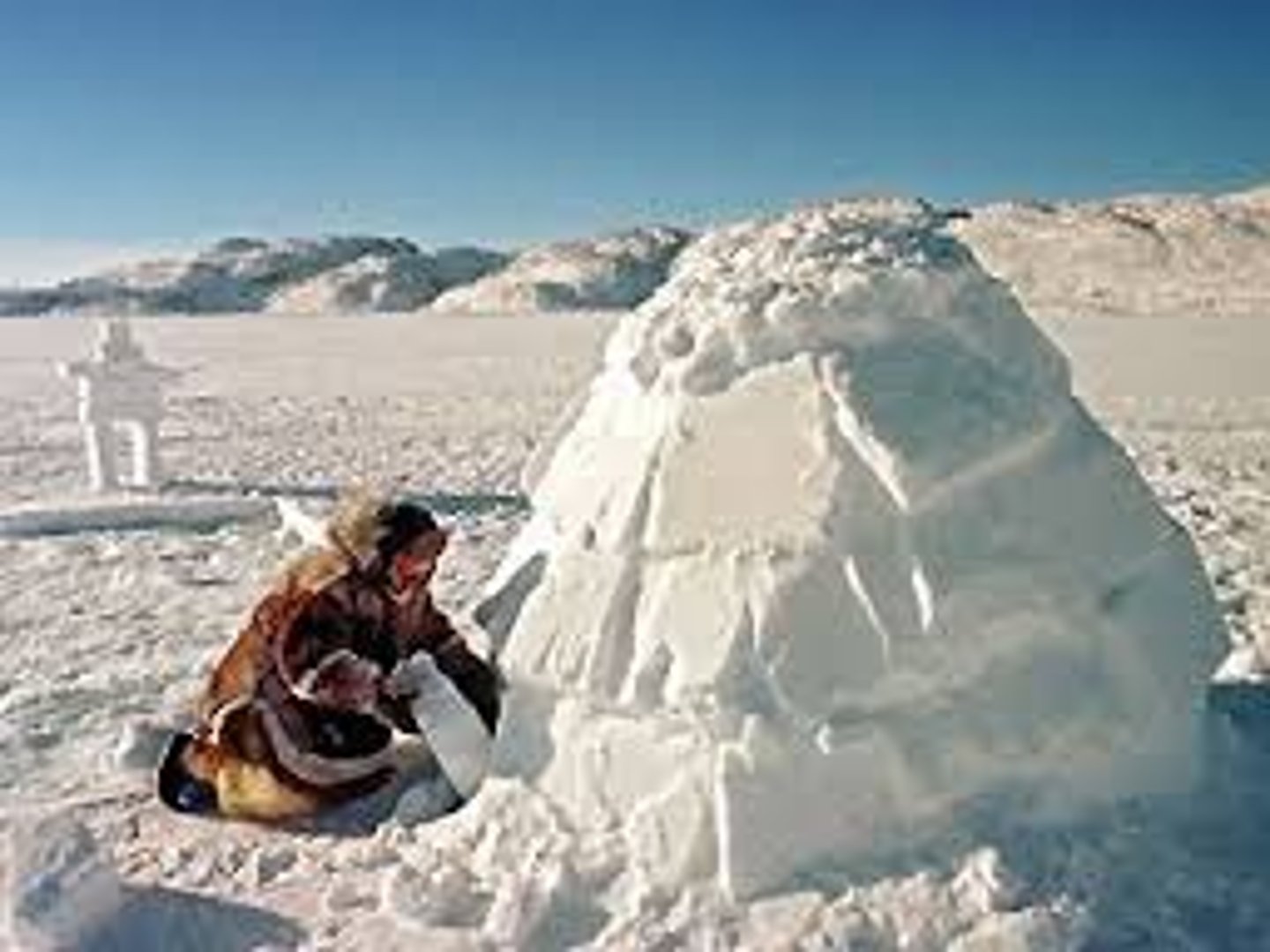AP US History: Period 1
1/46
There's no tags or description
Looks like no tags are added yet.
Name | Mastery | Learn | Test | Matching | Spaced |
|---|
No study sessions yet.
47 Terms
Bering Strait land bridge
How early Americans reached North and South America
Nomadic; following food and herds
The lifestyle that encouraged Indians to cross the land bridge
Mayan, Inca and Aztecs
The most complex Indian communities living in South America
Maize
This crop transformed nomadic hunter-gatherer societies into settled farm communities
Silk, Spices, Oils/Perfumes
Items desired from Persia & China
God, Gold & Glory
3 motives for Spanish Exploration
Hispaniola
The area in which Columbus landed
Treaty of Tordesillas
The agreement settling the dispute between Spain & Portugal for land in the Americas.
Semi-permanent settlements
Most people in the Americas lived in this type of settlement by the time of Christopher Columbus.
Anasazi; Pueblo
Tribes that settled in the Southwest; had culture based on farming & irrigation systems with permanent buildings
Northwest Indians
Lived in permanent longhouses that had a rich diet based on hunting & fishing
Great Plains Indians
Tribe that was nomadic OR farmers/traders; hunted buffalo, raised maize, beans & squash
What did the Treaty of Tordesillas say?
Divided the trade routes to Asia: Spain gets the route across the Atlantic and Portugal gets the route around Africa. Also, Spain got a lot of land in the New World and Portugal got present-day Brazil.
Cortes
Conquered the Aztecs
Pizzaro
Conquered the Incas
Bartolome de las Casas
Man who stood up for the rights on the natives.
Renaissance
Time period that allowed for the invention of gunpowder, the compass and advanced shipbuilding and mapmaking
Vasco de Gama
First European to reach India using the route around South Africa's Cape of Good Hope.
John Cabot
First explorer sent by England to the New World; explored the North American coast
Christopher Columbus
Explorer who won the backing of Queen Isabella & King Ferdinand of Spain to sail west from Europe to the "Indies."
Ferdinand Magellan
Explorer who is credited with the 1st circumnavigation of the earth
Henry Hudson
While searching for the northwest passage, this explorer sailed up a a broad river to give the Dutch claim
Columbian Exchange
Exchange of plants, animals, and diseases (beans, corn, potatoes, tomatoes & tobacco) between Old World and New World after the time of Columbus.
Corn, beans, squash (3 sister farming)
3 crops from the Americas ended up being staple crops in Europe?
Horses
Animal introduced by the Spanish that changed the lifestyle of the Native American
Smallpox, malaria, yellow fever, influenza
Diseases from the Old World and went to the New World
Syphillis
Disease from the New World to the Old World
Valladolid Debate
The argument between Bartolome de Las Casas and Juan Gines de Sepulveda over treatment of Indians by the Spanish.
Encomienda
A grant of land made by Spain to a settler in the Americas, including the right to use Native Americans as laborers on it; essentially set up slavery for Native Americans
Atlantic slave trade
Lasted from 16th century until the 19th century. Trade of African peoples from Western Africa to the Americas. 98% of Africans were sent to the Caribbean, South and Central America.
Iroquois
A later native group to the eastern woodlands. They blended agriculture and hunting living in common villages constructed from the trees and bark of the forests
Cherokee
Are a Native American people historically settled in the Southeastern United States (principally Georgia, the Carolinas and Eastern Tennessee). Linguistically, they are part of the Iroquoian-language family.
Inuit
A member of a people inhabiting the Arctic (northern Canada or Greenland or Alaska or eastern Siberia)

Maya
Mesoamerican civilization concentrated in Mexico's Yucatan Peninsula and in Guatemala and Honduras but never unified into a single empire. Major contributions were in mathematics, astronomy, and development of the calendar.
Aztec
(1200-1521) 1300, they settled in the valley of Mexico. Grew corn. Engaged in frequent warfare to conquer others of the region. Worshipped many gods (polytheistic). Believed the sun god needed human blood to continue his journeys across the sky.
Inca
Their empire stretched from what is today Ecuador to central Chili in the Andes Mountain region of South America. Called the Children of the Sun.
Tenochtitlan
Capital of the Aztec Empire, located on an island in Lake Texcoco. Its population was about 150,000 on the eve of Spanish conquest. Mexico City was constructed on its ruins.
Nomad
Early, simplistic man that migrated across the land bridge.
Martin Luther
Broke away from the Catholic Church because of his 95 problems with the Catholic Church.
King Henry VIII
Broke away from the Catholic Church because of his disagreement with his inability to get divorced; which eventually led to civil unrest in his country.
New France
Established in Canada and along the Mississippi River, focused on fur trade.
Animism
Belief that non-human things possess a spiritual essence
Mestizo
People with mixed Indian & European heritage
Mulatto
People of mixed white and black ancestry
Pope's Rebellion/Pueblo Revolt
1680 conflict that lead to death of hundreds of Spanish colonists and destruction of Catholic churches in the area
Cultural autonomy
Conflicts between Natives and Europeans were for the Natives to maintain this
Mercantilism
Economic system in which the colonies exist to enrich the Mother country; attempt to export to colonies more than they import